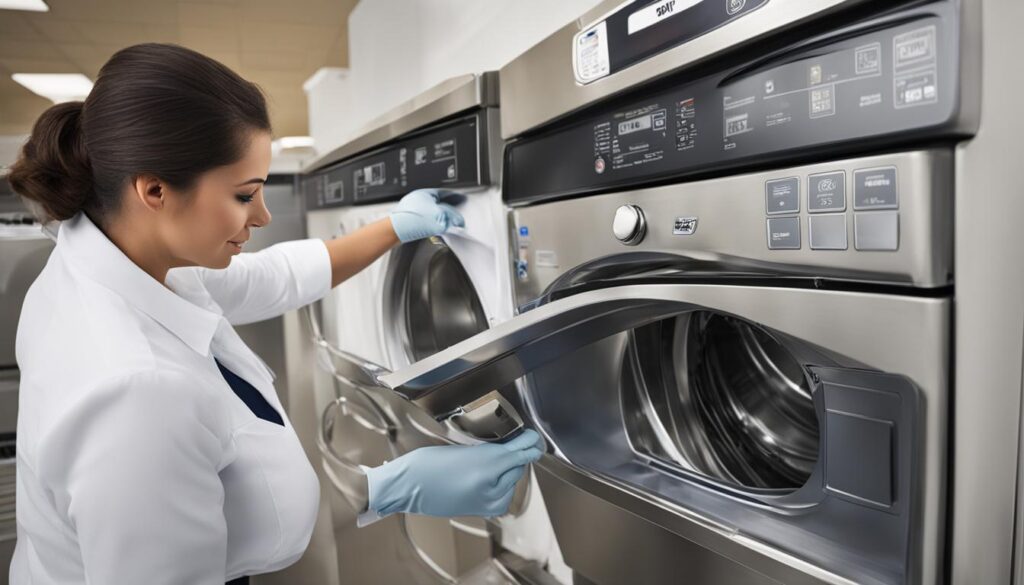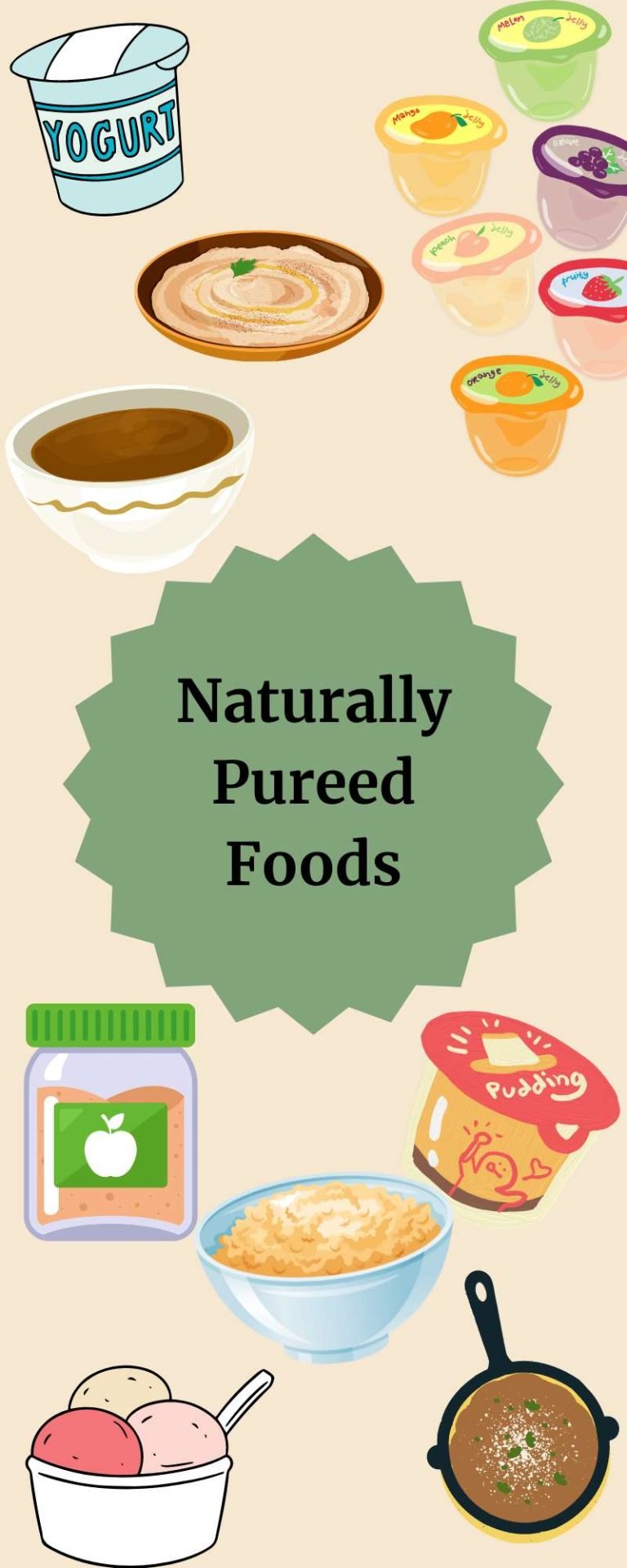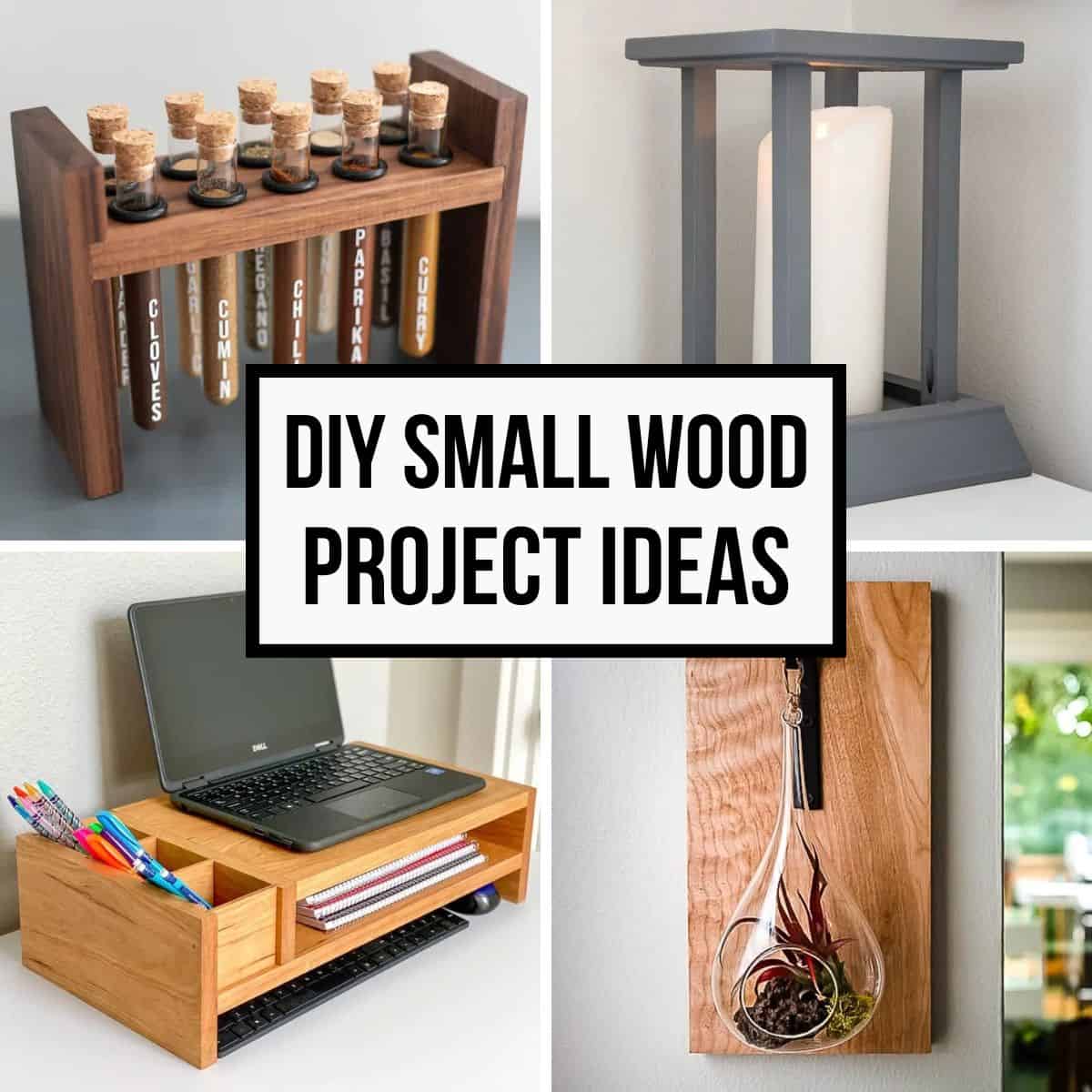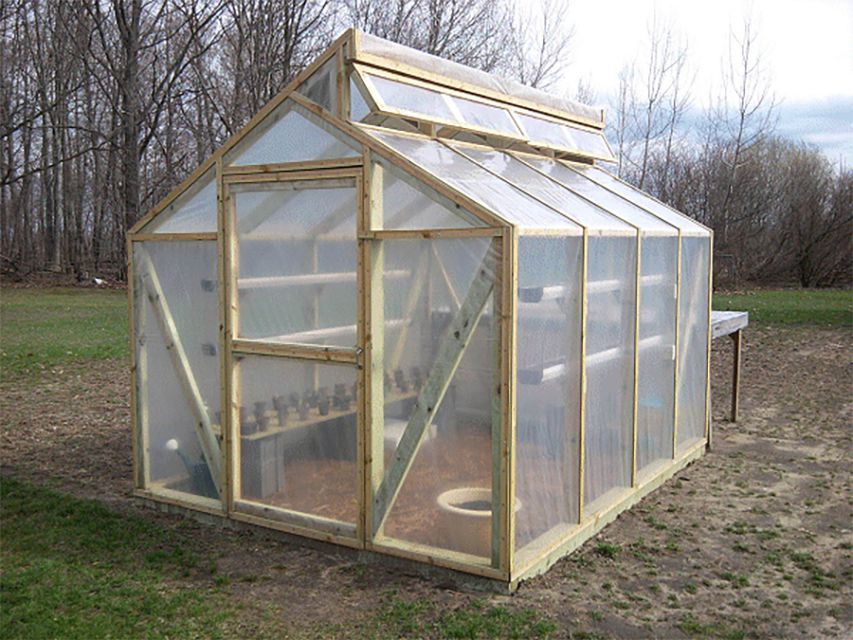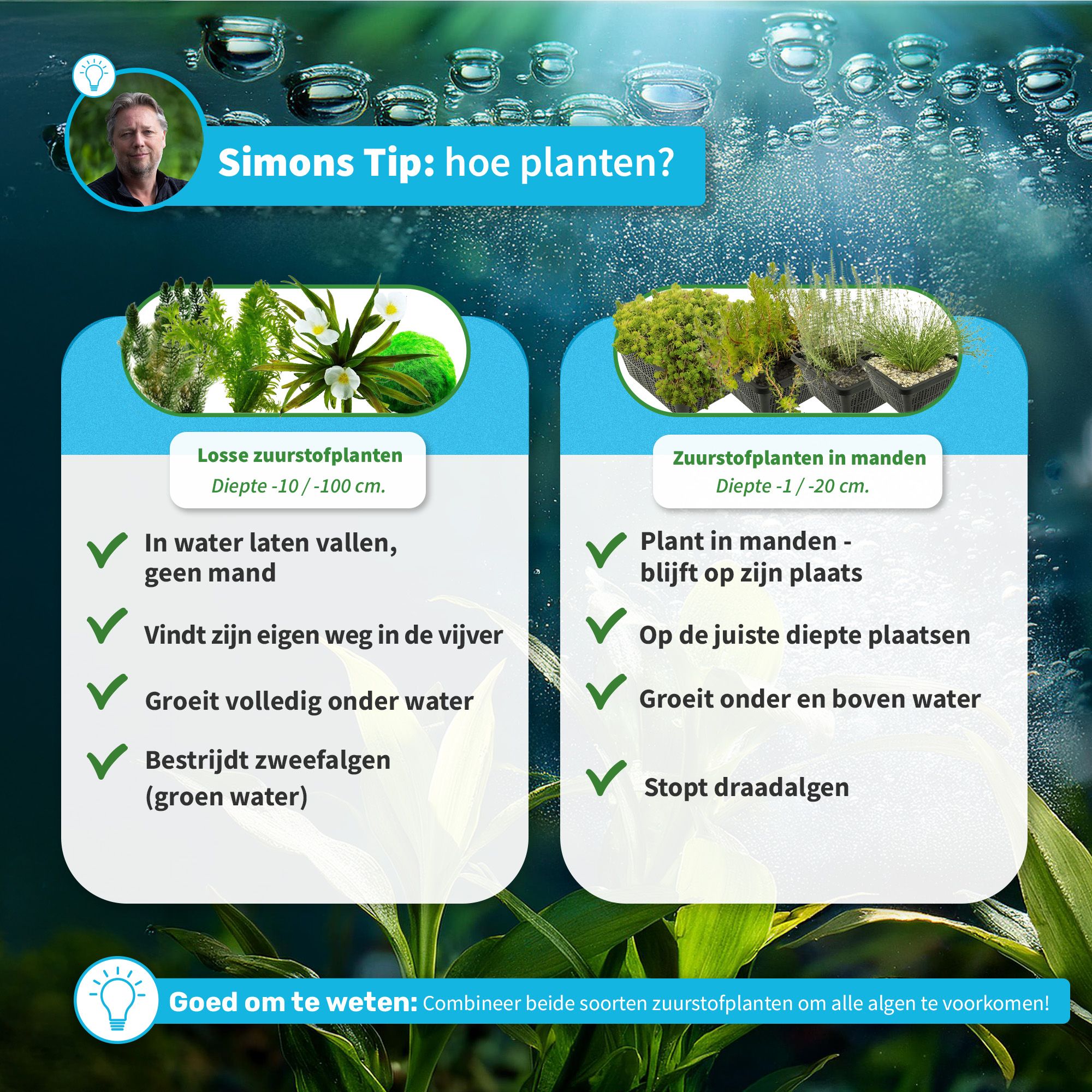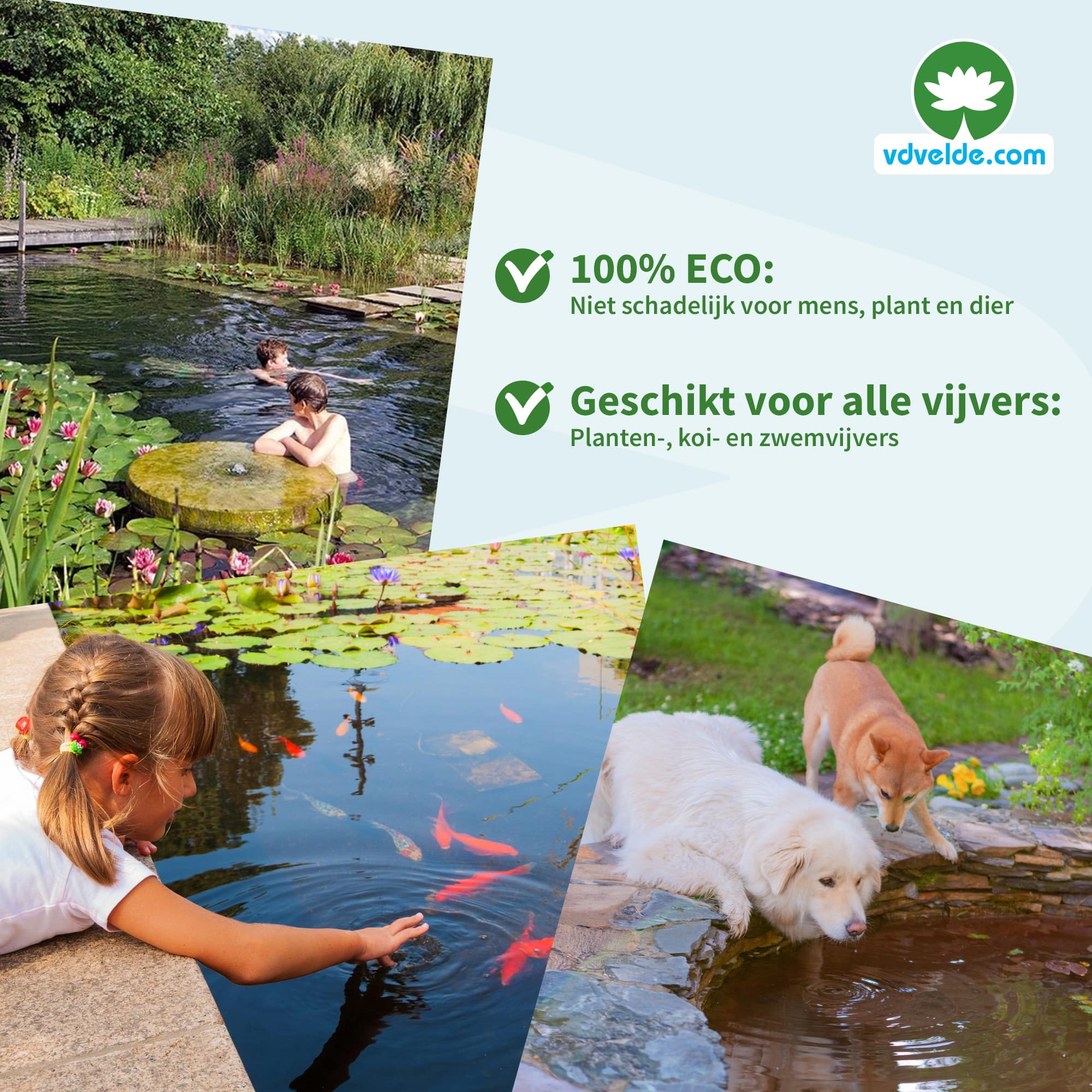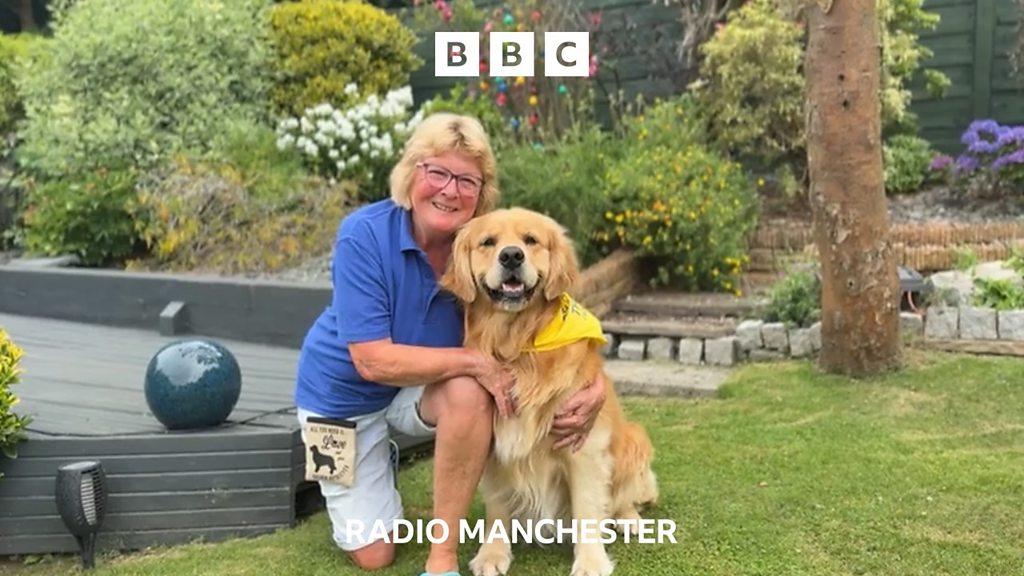Mastering Giant Bubbles: Step-by-Step DIY Guide for Impressive Outdoor Fun
Introduction: The Magic of Giant Bubbles
Giant bubbles have fascinated children and adults alike for generations. Their impressive size, shimmering colors, and ephemeral beauty can turn any outdoor gathering into a memorable event. Fortunately, making giant bubbles at home is accessible with the right ingredients, technique, and a little patience. This comprehensive guide will walk you through every step, from selecting materials to troubleshooting common problems, ensuring you can create spectacular bubbles every time.
Understanding the Science Behind Giant Bubbles
To create giant bubbles, it’s essential to understand what makes them possible. Bubbles form when a thin film of soapy water traps air. For small bubbles, typical soap and water suffice, but giant bubbles need a solution that’s both elastic and robust. The secret lies in the right combination of surfactants (like dish soap), water, and additives that strengthen the film, such as glycerin, cornstarch, or guar gum. These additives slow evaporation and increase the film’s flexibility, allowing bubbles to stretch without popping [2] .
Essential Ingredients for Giant Bubble Solution
Experienced bubble enthusiasts recommend a few key ingredients to maximize bubble size and longevity. While several recipes exist, the most successful formulas share these elements:
-
Dish Soap:
Always use a high-quality brand, most notably Dawn Ultra or Platinum (blue). Other brands may work but results can vary [1] . -
Water:
Distilled water is preferred to avoid minerals that can interfere with bubble formation. Tap water can be used in a pinch [2] . -
Glycerin or Guar Gum:
These additives strengthen the bubble film. Glycerin is widely available in pharmacies and online, while guar gum can be found in health food stores or online retailers [1] . -
Cornstarch or Baking Powder:
These thickeners help improve the elasticity and durability of the bubble film [2] .
Choosing the right combination is critical. Below are proven recipes with measurements and preparation tips.
Proven DIY Giant Bubble Recipes
Recipe 1: Guar Gum Formula (For Maximum Size)
This recipe is highly regarded for producing enormous, durable bubbles:
- 1 tsp Guar Gum
- 1 tbsp Baking Powder
- 1 cup (8 oz) Dawn Ultra or Platinum (blue)
- 1 gallon distilled water
Combine ingredients in a large bucket. Whisk thoroughly after each addition to ensure even distribution. Use immediately for best results. Guar gum can be purchased online or in specialty baking stores [1] .
Recipe 2: Cornstarch & Glycerin Formula (Accessible Ingredients)
- 6 cups water (preferably distilled)
- 1/2 cup blue Dawn dish detergent
- 1/2 cup cornstarch
- 1 tbsp baking powder
- 1 tbsp glycerin (or personal lubricant)
Begin by dissolving the cornstarch in water, stirring carefully to avoid clumps. Add the remaining ingredients, mixing gently to prevent excessive froth. Let the solution rest for at least an hour; stir occasionally to keep the cornstarch suspended [2] .
Recipe 3: Basic Sugar & Soap Formula (Simple and Effective)
- 4 cups warm water
- 1/2 cup sugar
- 1/2 cup blue Dawn dish soap
- Optional: 1 tbsp baking powder or 1/2 cup cornstarch for added strength
Dissolve sugar in warm water, then add soap and thickener if desired. Let the solution rest for at least two hours for optimal results [3] .
How to Make a DIY Giant Bubble Wand
The bubble wand is just as important as the solution. Store-bought wands are available, but making your own is easy and often yields better results. Here’s how you can create a simple and effective giant bubble wand:
- Find two sticks (about 2 feet long each) – dowel rods or bamboo garden stakes work well.
- Cut a length of cotton string or yarn (about 6 feet for the main loop, plus 2 feet for the bottom).
- Tie one end of the main loop to the top of one stick, thread it through the top of the other stick, and tie it off. Attach the bottom string to each stick to create a triangle shape when opened.
- Dip the string into your bubble solution, spread the sticks apart, and gently sweep the wand through the air to create massive bubbles [2] .
Experiment with different string lengths and wand sizes for varied bubble shapes and sizes.
Step-by-Step Instructions: Making and Using Giant Bubbles
Follow these detailed steps for the best results:

Source: realhousemoms.com
- Prepare your bubble solution using one of the above recipes. For best results, allow it to rest for at least an hour (or overnight) to let the ingredients fully integrate.
- Set up your wand and bubble area in a location with minimal wind and plenty of space.
- Dip the entire loop of string or wand into the bubble solution, ensuring it is fully saturated.
- Lift the wand slowly and spread the sticks apart to open the loop.
- Let the wind do the work, or gently walk backward, allowing the bubble film to stretch and form a giant bubble. Close the sticks together to release the bubble.
- Repeat, enjoying the spectacular bubbles!
For best performance, avoid making bubbles in direct sunlight or on hot, dry days, as evaporation can cause bubbles to pop quickly. Early morning or late afternoon, with high humidity, are ideal times for bubble making [2] .
Troubleshooting and Tips for Success
Even with the best recipes, challenges can arise. Here are common issues and solutions:
-
Bubbles Popping Quickly:
Ensure you’re using distilled water and the correct soap. Try increasing the amount of glycerin, guar gum, or cornstarch slightly. -
Solution Too Frothy:
Stir gently and avoid creating foam. Foam can prevent the bubble film from forming properly. -
Bubbles Not Forming:
Let the solution rest longer and check ingredient measurements. Sometimes, fresh solutions need more sitting time for ingredients to fully dissolve. -
Wand Malfunctions:
Use absorbent cotton string rather than synthetic materials, and ensure your wand size matches your solution container for easy dipping.
Remember, patience and experimentation are key. Small tweaks to your recipe or technique can make a big difference. Involve children in the process for a rewarding educational experience.
Creative Variations and Advanced Techniques
Once you’ve mastered the basics, consider these enhancements:
-
Add food coloring
(water-based, not oil-based) to the solution for colored bubbles, though colors may be subtle. -
Try different wand shapes
for unique bubble effects-triangles, squares, or even multiple loops. -
Host a bubble contest
to see who can create the largest or longest-lasting bubble.
These activities can make parties, picnics, and science lessons even more engaging.
Alternative Approaches and Additional Resources
If you have limited access to ingredients like guar gum or glycerin, stick to recipes with cornstarch or sugar, which are widely available. For those seeking expert tips and visual demonstrations, reputable science and craft websites offer guidance. While many high-quality tutorials exist online, always verify the credibility of sources and avoid unverified claims or purchase offers from unfamiliar vendors.
To source specialty ingredients, consider searching for “food-grade guar gum” or “vegetable glycerin” on major e-commerce platforms. For further reading or troubleshooting, established blogs, educational sites, and science centers provide reliable advice. Libraries and community centers may also offer bubble-making workshops during summer months.
Key Takeaways
Creating giant bubbles at home is a rewarding DIY project that blends science, creativity, and fun. With the right ingredients, a sturdy wand, and a bit of practice, you can produce bubbles that delight audiences of all ages. Remember to experiment, enjoy the process, and share your discoveries with friends and family. For the most reliable results, use high-quality dish soap, distilled water, and at least one thickener like glycerin, cornstarch, or guar gum. Always supervise young children and practice bubble making outdoors for easy cleanup and maximum enjoyment.

Source: playtivities.com
References
- [1] Poppie Lady (2024). World’s Best Big Bubble Recipe.
- [2] Happy Hooligans (2024). Giant Homemade Bubbles Recipe.
- [3] Little Round Schoolhouse (2024). How to Make Giant Bubble Wands & Bubble Juice.
- [4] Frugal Fun 4 Boys (2013). Recipe for Giant Bubble Solution.
- [5] A New Dawnn (2017). The Best Homemade Bubble Recipe.
MORE FROM hotondeals.com


